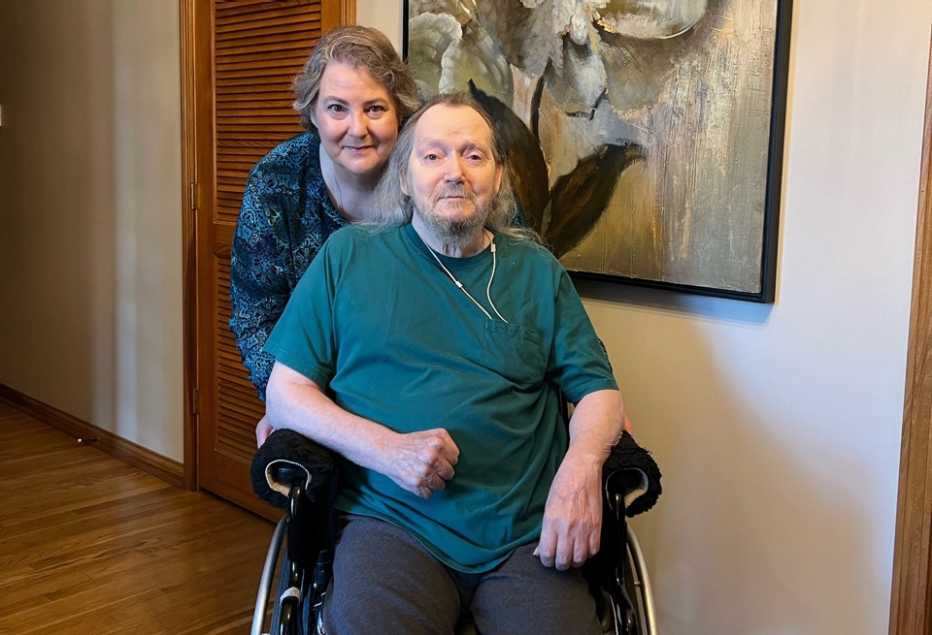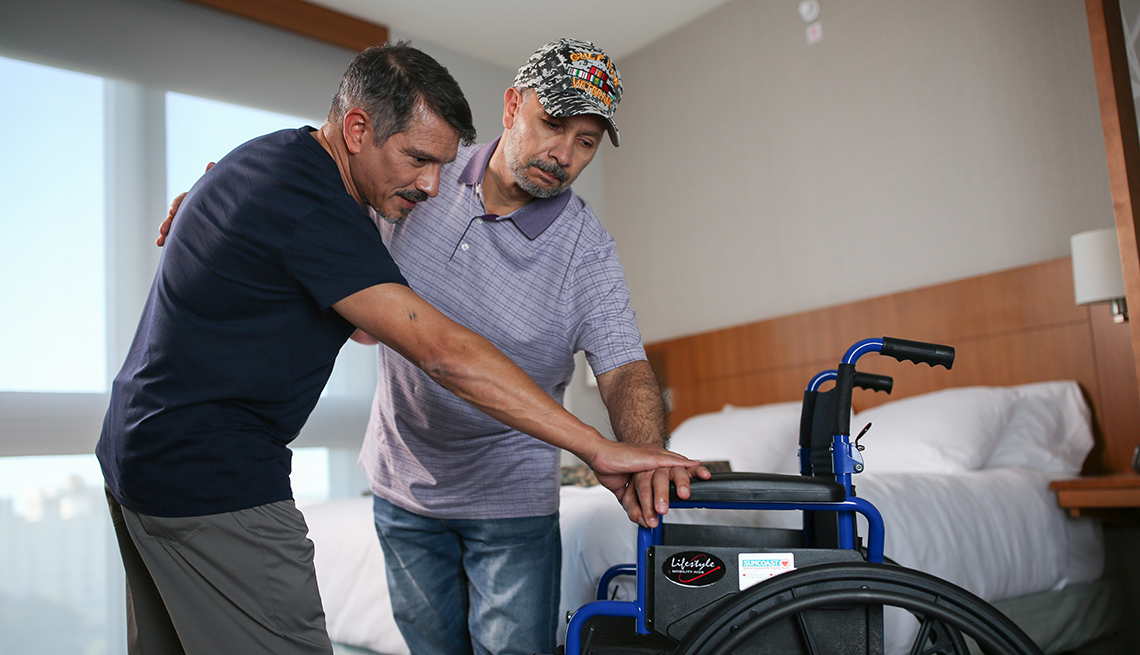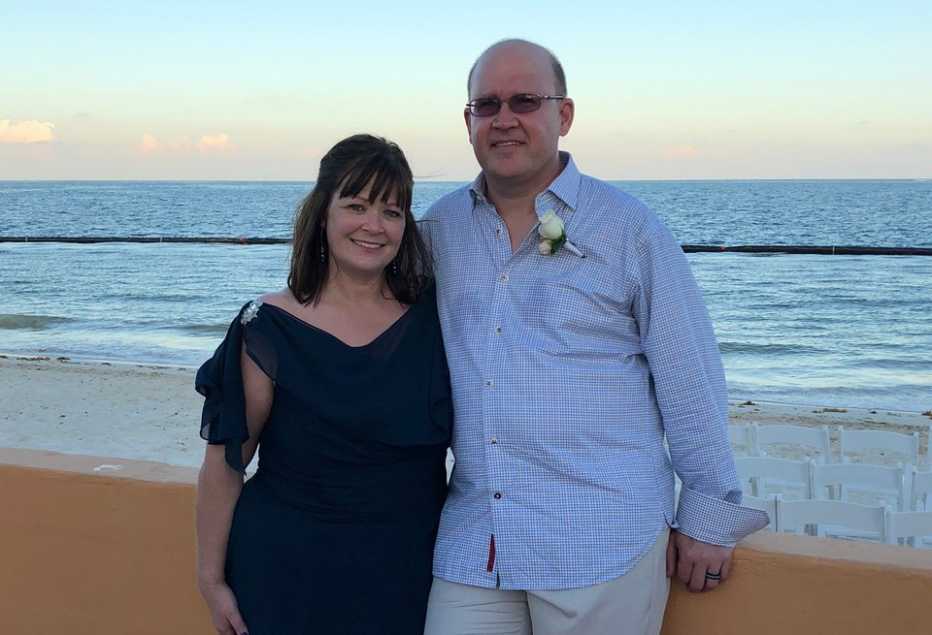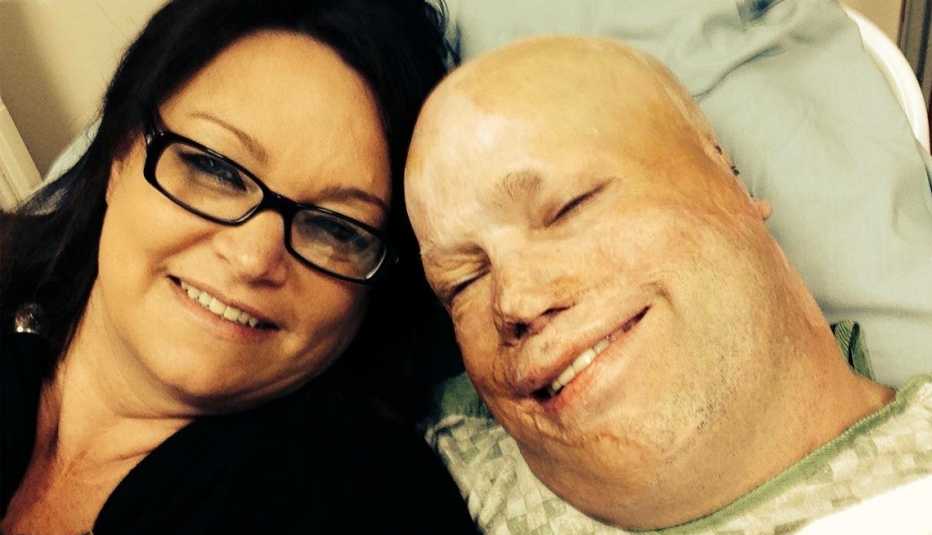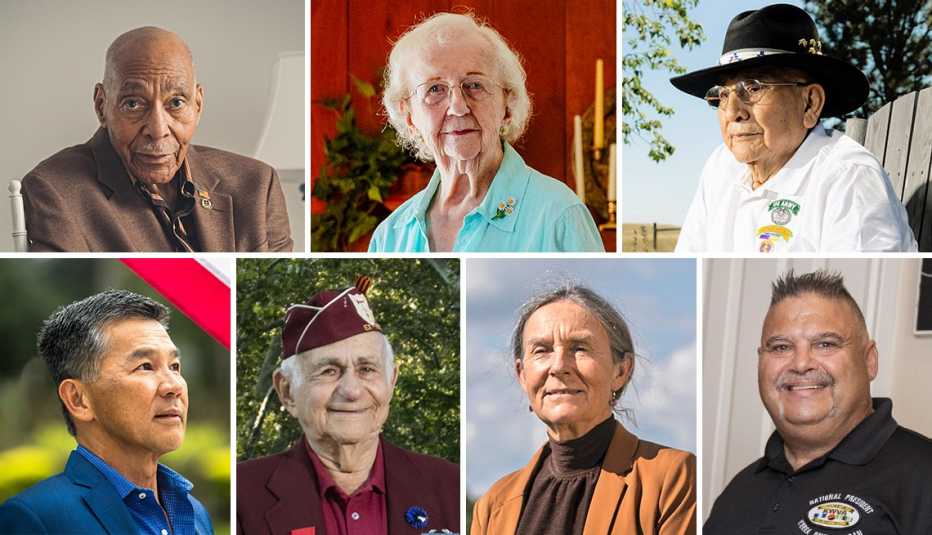Staying Fit
During the month of November, our nation honors military veterans who have served their country. In the past few years, that circle has widened to acknowledge and include military spouses and children, who often bear the stresses of caregiving and pay the day-to-day price of war.
Our family experienced this firsthand when my husband, Bob, was injured when a roadside bomb hit a vehicle he was traveling in while covering the war in Iraq. We founded the Bob Woodruff Foundation to ensure that our post-911 veterans have access to the highest levels of support and resources when they transition back to the home front.


AARP Membership— $12 for your first year when you sign up for Automatic Renewal
Get instant access to members-only products and hundreds of discounts, a free second membership, and a subscription to AARP the Magazine.
There are more than 5.5 million veteran caregivers in this country, according to the Rand Corporation, and this group provides an average of almost 24 hours of caregiving per week. Some 45 percent of unpaid adult caregivers reported signs of depression (compared with 17 percent of non-caregivers), and more than 30 percent said they’d had suicidal thoughts (compared with 3.6 percent of non-caregivers). “Much of the burden of care falls on these caregivers, the ‘hidden heroes,’ who pay a considerable personal price,” says Anne Marie Dougherty, CEO of the Bob Woodruff Foundation.
Spouses and family members from previous wars, including in Korea and Vietnam, have silently served in caregiving roles for decades. Most Americans assume that our government and the Department of Veterans Affairs (VA) cover many of these costs and services. But the work of a caregiver is often unpaid, and the duties involved make it difficult for the spouse to work outside the home without requiring additional care and cost.
Sharing stories and experiences is a time-honored way to help ease hardship and form community. Here are the stories of four caregivers, all Elizabeth Dole Foundation fellows, that provide insight into the lives of those caring for Vietnam-, Iraq- and Afghanistan-era veterans. They credit the foundation for helping to ease the sense of loneliness and for connecting them to resources and caregivers across the country. Their inspirational attitudes and willingness to share their wisdom will help others on this path.
Caregiving through a degenerative disease
It was the second marriage for both Marty Douglass, now 71, from Jackson, Mississippi, and Ed Douglass, 75. They met in Houston, at a shooting range where Ed was working after his military service. “I was a traveling saleslady,” explains Marty, “so I wanted to learn how to protect myself and safely handle a firearm, and Ed was interested in giving me a few pointers.” They developed a shared passion around the recreational shooting of firearms patented before 1900.

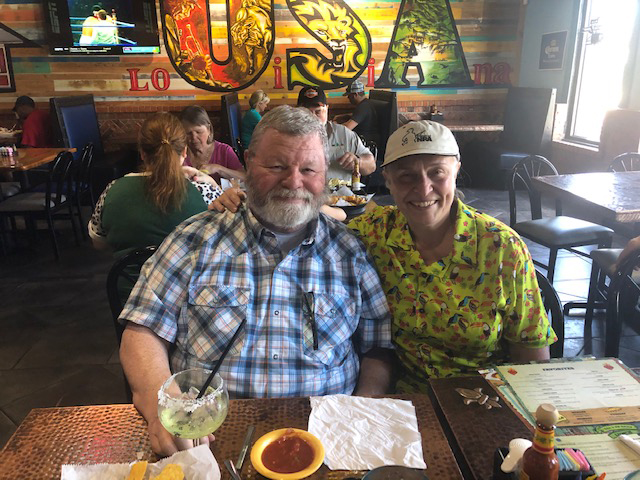
Ed had enlisted in the Marines, serving two tours from 1967-72, during which he participated in numerous missions. His home base was North Carolina’s Camp Lejeune, where, years later, it would be revealed that toxic water had led to numerous illnesses.
Ed’s symptoms began with tremors, and he was ultimately diagnosed with Parkinson’s disease in 2018. The Douglasses owned a small advertising agency and were active in the local chamber of commerce. The illness meant that Ed could no longer work, and Marty would need to care for him. They sold both the business and their beloved camper, which had been a part of their recreational and weekend life.
“I knew he was changing, but this diagnosis came out of the blue,” says Marty. “Once we understood that this was real, I could no longer be in denial, because with a degenerative disease, I had to start changing things and planning right away.”
This past August, Ed underwent surgery to relieve serious back pain and came out of the operation unable to walk. “His Parkinson’s disease had progressed to the point where he needed to use a walker, was partially incontinent and was developing cognitive issues. Prior to the surgery, I could leave the house for stretches of time during the day, but after the surgery, he required continuous care and rehabilitation,” says Marty.
Marty eventually acknowledged that she could no longer provide the care Ed required, and he is currently being cared for at a state veterans home. “It’s so hard to suddenly have to do everything,” she says. “Sometimes the role of caregiver comes on fast and other times it’s slow, but I’ve learned so much about myself on this journey.”
Becoming a sudden caregiver
At first, says Jennie Beller, 59, from Indianapolis, she and her husband, Chuck, 70, seemed like an unlikely match. They met through mutual friends after previous marriages had ended for both. “I jokingly called Chuck my blue-collar baby because he worked on a freight dock at Roadway Express and I had a master’s degree,” says Jennie. “But we just clicked from the start, and he always made me laugh.”

